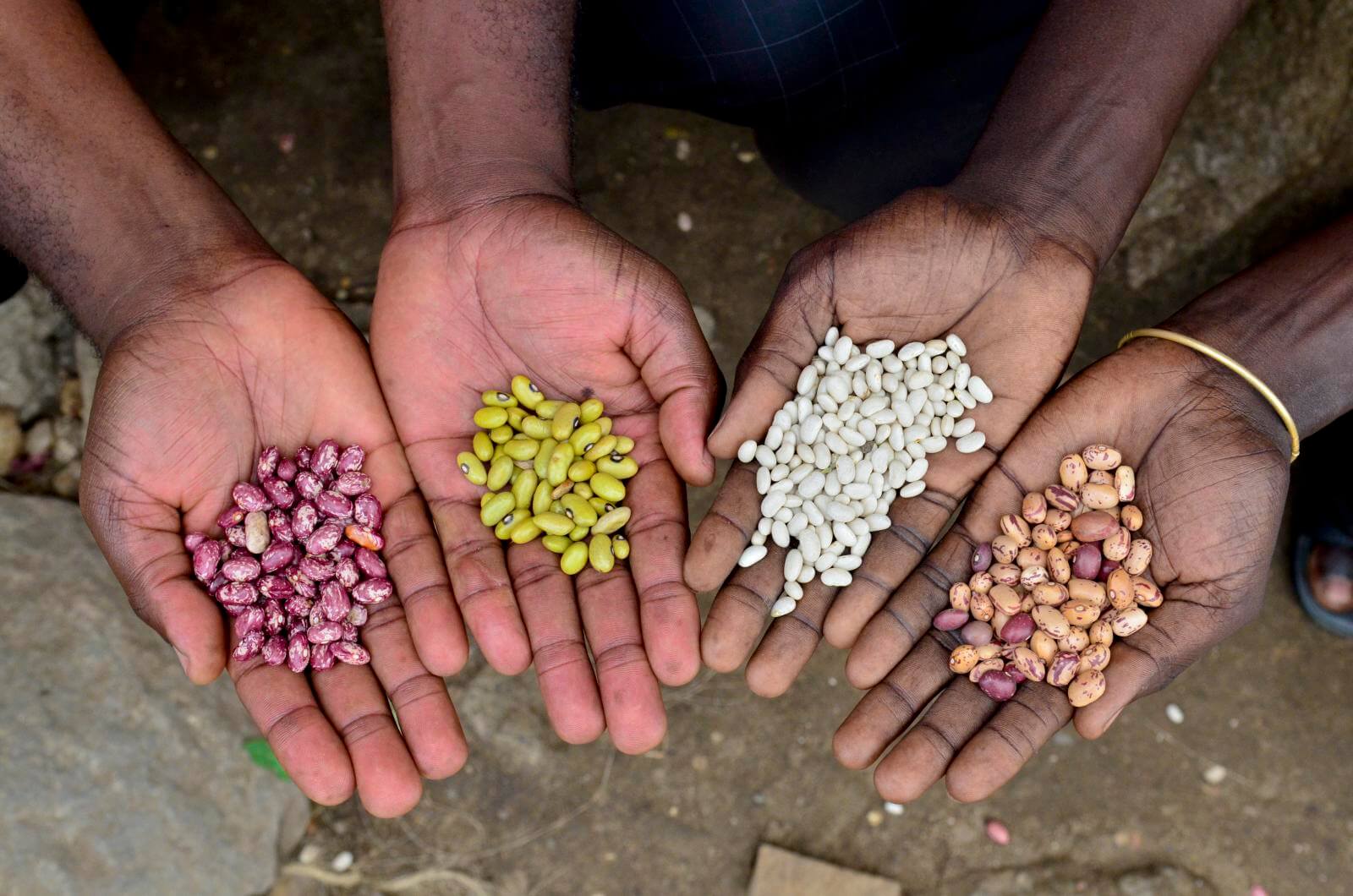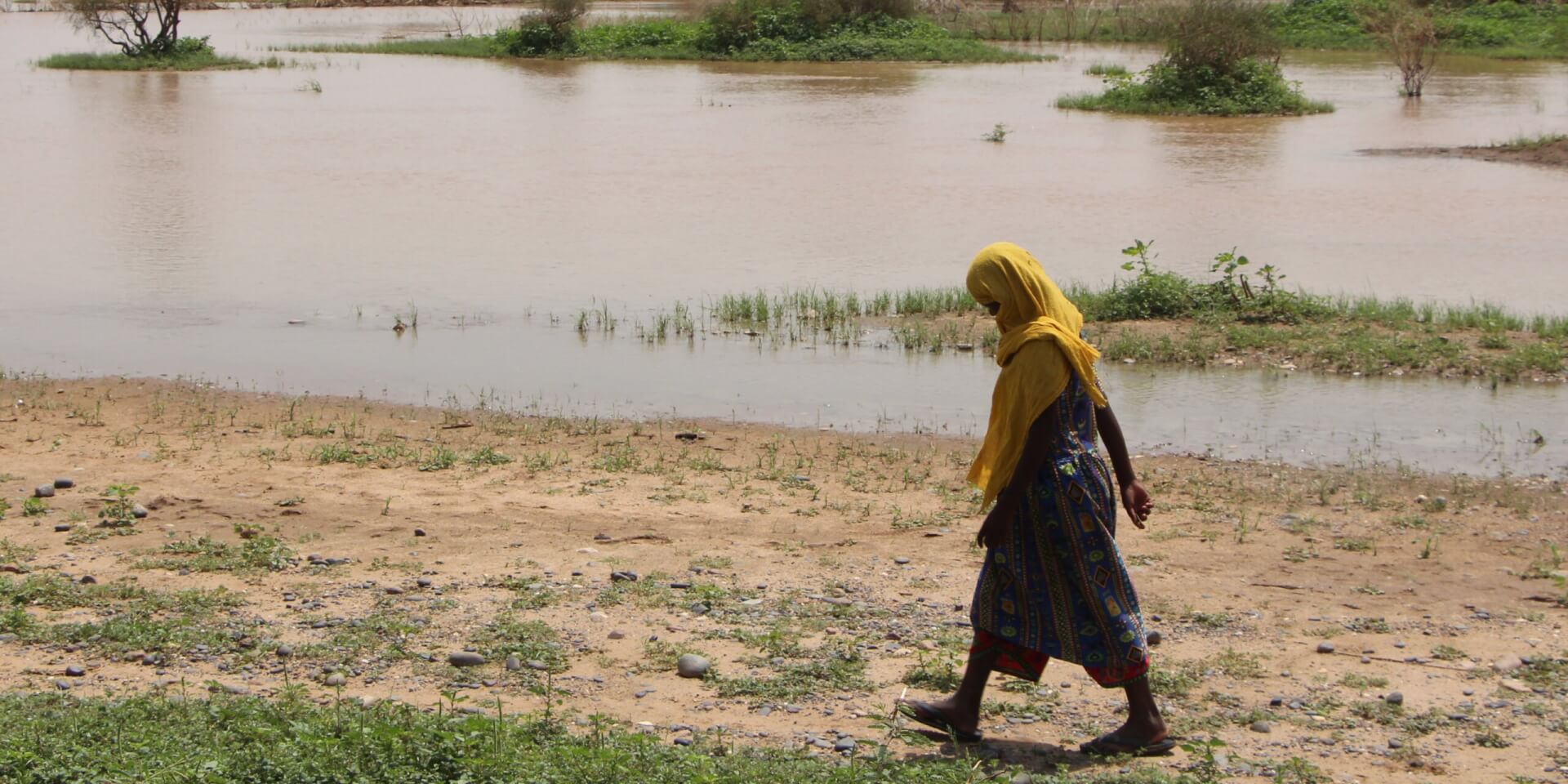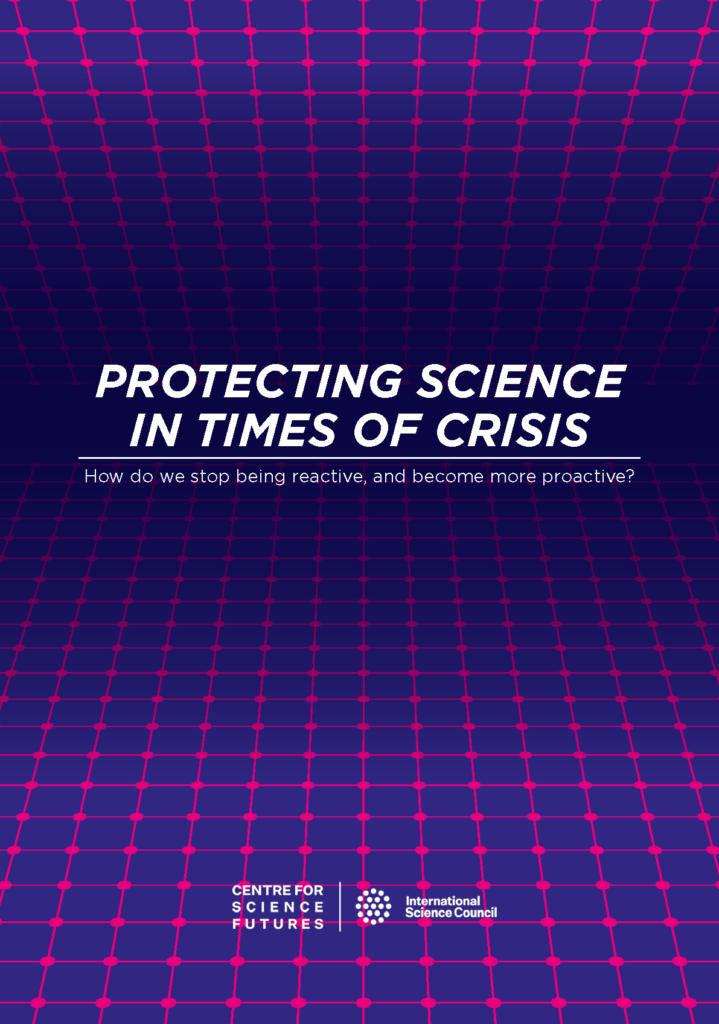
The ISC’s Committee for Freedom and Responsibility in Science actively monitors disruptions to scientific freedoms. The ISC is therefore deeply concerned by the relentless escalation of extreme violence between rival military groups in densely populated areas of Sudan.
Our first concern is with the people of Sudan, who are experiencing first-hand the effects of civil war – instability, displacement, trauma, and loss of life. Beyond these abhorrent impacts on the lives of the Sudanese people, this crisis jeopardizes all aspects of Sudan’s science system and culture.
We would like to acknowledge the struggles and dangers faced by our Sudanese colleagues in the global scientific community, including our members, the Sudanese National Academy of Sciences and the National Centre for Research.
We support you and stand in solidarity with you, and all our colleagues around the world whose lives are under attack and who conduct scientific research in times of crisis.
The Sudanese National Academy of Sciences (SNAS) has appealed to the solidarity of the global science community, as conflicts are threatening an entire generation of scientists and researchers – struggling to keep working on pressing issues, as many fled the violence in safer parts of the country or abroad.
In a letter dated 21 September, the Sudanese National Academy of Sciences sets out how the months-long fighting between two factions of the country’s army has scattered Sudan’s research community and left universities and research centres in ruins.
The ISC is compiling offers of assistance from its network of Members and partners, and the global scientific community, to support at-risk Sudanese scholars and students.
Please help us in gathering offers of assistance and other resources relevant to Sudanese colleagues by sending your support materials to [email protected] or in the form below.
Submit your offers and resources
Resources, programmes, or initiatives that your organization offers to support Sudan’s scholars. Such offers may include fellowship grants, scholarships, research grants, financial support for mobility, already compiled and verified funding directories, etc.
See all offers of assistance
 blog
blog
 blog
blog

Protecting Science in Times of Crisis
International Science Council. (February 2024). Protecting Science in Times of Crisis. https://council.science/publications/protecting-science-in-times-of-crisis DOI: 10.24948/2024.01
Full paper Executive SummaryThe science sector has not adequately addressed its own resilience in the face of crises – from scientists becoming refugees to civilian infrastructure being destroyed resulting in the loss of knowledge and research projects.
The ISC report “Protecting Science in Times of Crisis: How do we stop being reactive and become more proactive?” emerges at a critical juncture, addressing the urgent need to protect scientists, academics, scientific and educational institutions increasingly targeted during conflict, or subject to losses because of natural hazards or increased climate-induced extreme weather events. Drawing on lessons learned from recent crises, the paper offers a strategic framework for the global scientific community. It emphasizes the importance of prevention, protection, and rebuilding, advocating for systematic, efficient, and coordinated approaches to crisis management within the science sector.
Image from UNICEF/Omran Ahmed on UN News